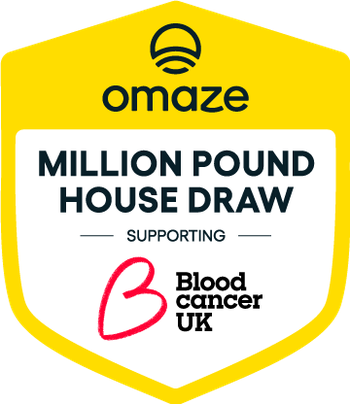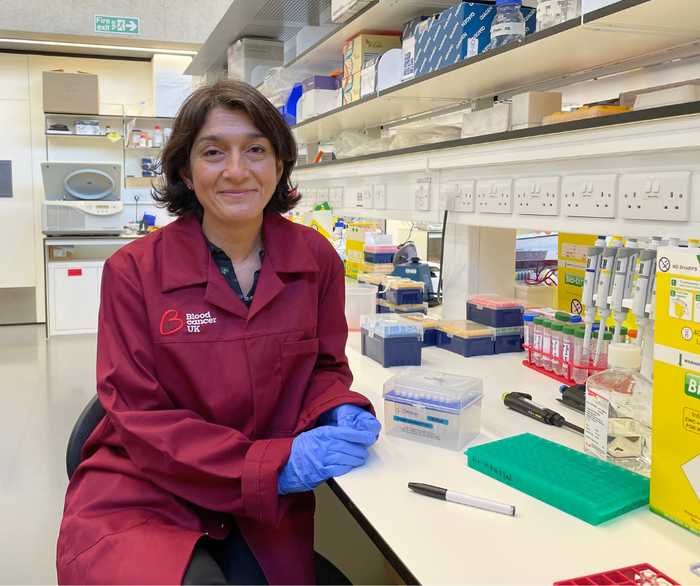Developing a CAR-T therapy for children with myelodysplastic syndrome (MDS)
While myelodysplastic syndrome (MDS) develops slowly for many, for others it can develop quickly into an aggressive type of blood cancer called acute myeloid leukaemia (AML). Dr Ghorashian wants to use CAR-T therapy to develop a safer and more effective way to treat children with MDS who are at risk of their cancer developing into AML.
The challenge
Myelodysplastic syndrome (MDS) is a type of blood cancer where the bone marrow (the spongy tissue inside our bones) doesn’t work properly. For many, it develops slowly and stays the same for many years, but in others, it develops much faster. It can also develop into an aggressive type of blood cancer called acute myeloid leukaemia (AML). Currently, there are no specific therapies for children with fast-growing MDS and they must undergo a stem cell transplant, which is severely toxic and there’s still a high chance the cancer can return. A new CAR-T cell therapy treatment holds immense promise for treating blood cancers, and it harnesses our immune system to kill cancer cells. However, there’s currently no CAR-T cell treatment for MDS and finding the correct target that’s present on MDS cells and not on healthy cells is a challenge.
The project
In this Omaze X Blood Cancer UK project, Dr Ghorashian and her team will build on her work in AML to develop a CAR-T cell therapy to destroy MDS cancer cells in the bone marrow. They will identify and detail possible targets on MDS cells in the bone marrow - targets that are not present in healthy cells. In the lab, they will perform experiments with the potential CAR-T cell therapy on 3D structures that replicate the bone marrow much better than cells in a dish. This will help show the team whether this new approach is toxic to healthy cells. The team will also test how well the CAR-T cell therapy attacks the cancer cells.
The future
If successful, Dr Ghorashian and her team will have identified lead CAR-T cell approaches to take forward for further clinical testing. It’s hoped that this work will lead to a new, and more effective treatment for children with MDS, reducing the need for intensive chemotherapy particularly before a stem cell transplant. Developing new treatments takes years and must be tested in people before it is licensed for use but it’s like these findings will be relevant to the disease seen in adults too.
Funding
This project is part of the Omaze X Blood Cancer UK Fund.


